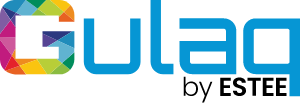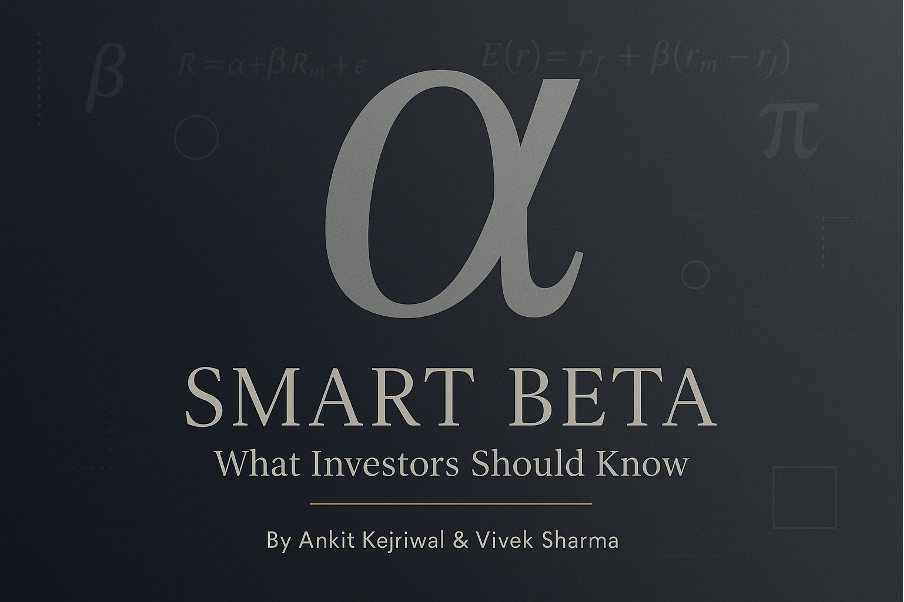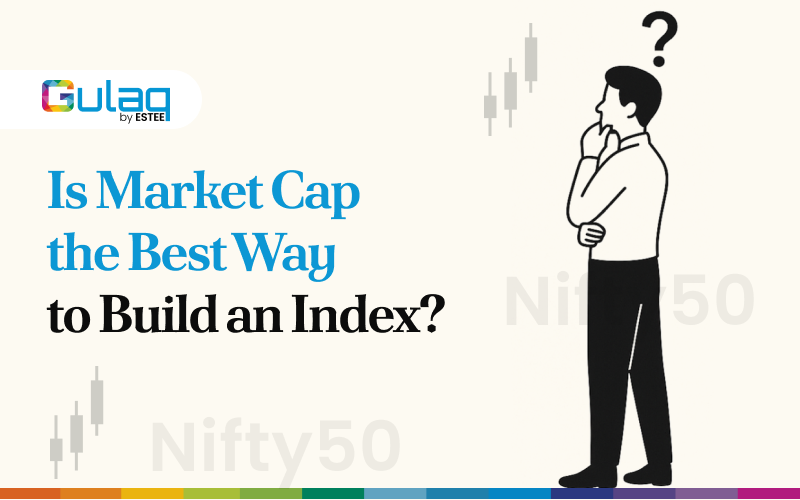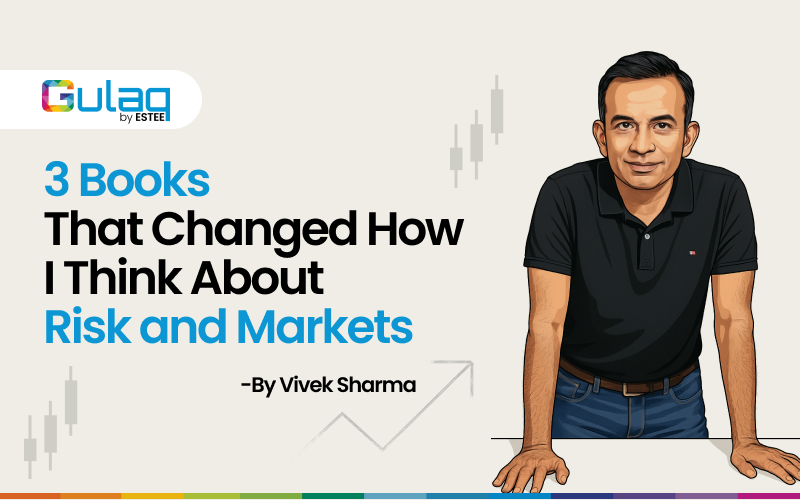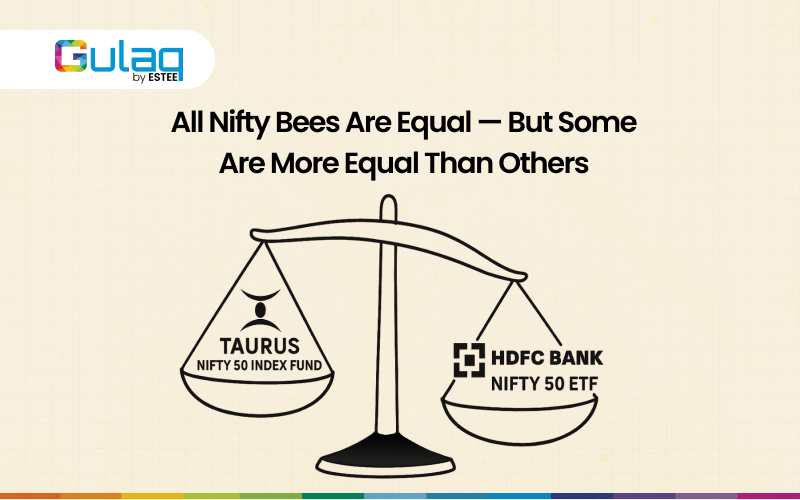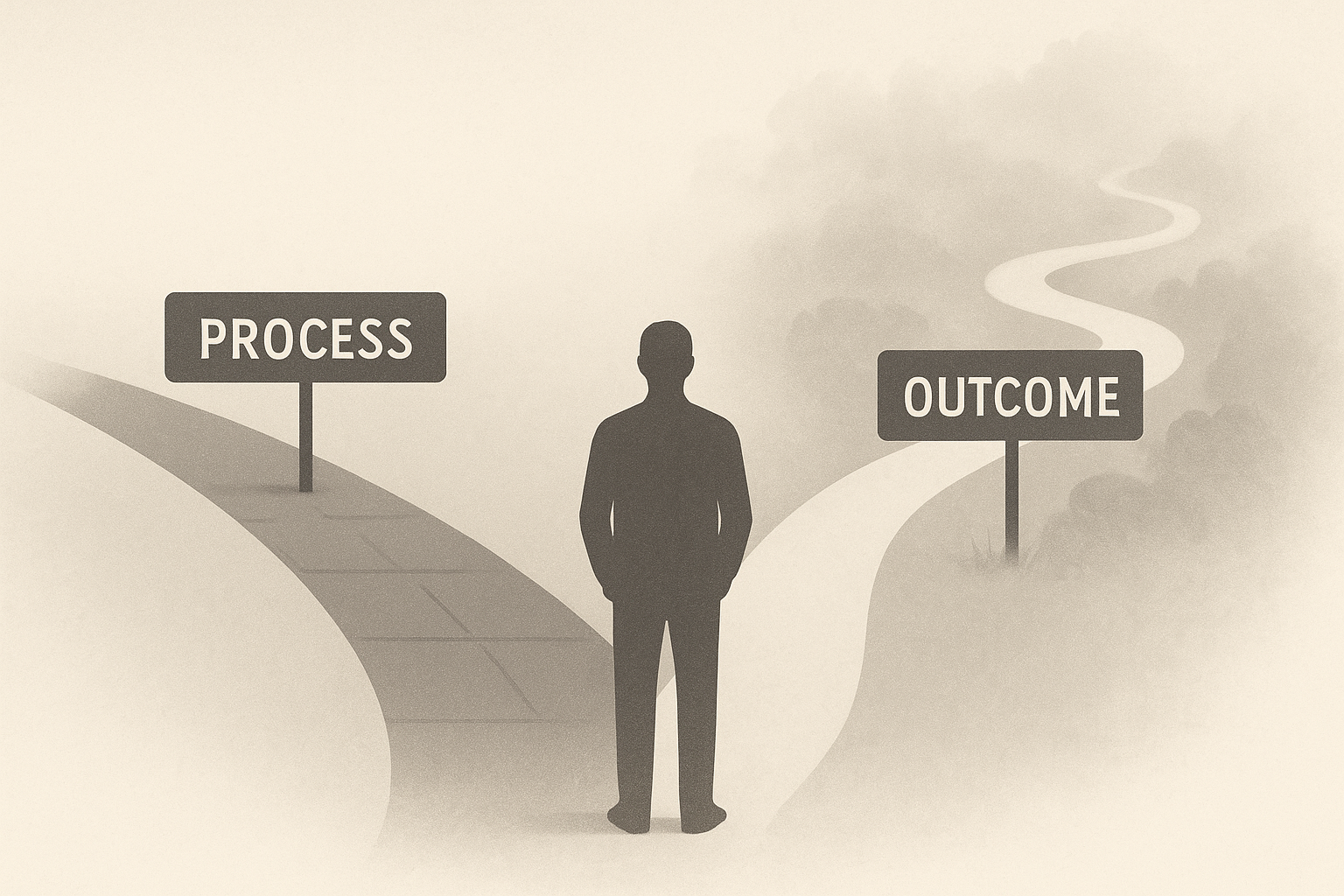
Process Matters More Than Outcome
I have spent nearly a decade of my life trading energy derivatives, and today I want to tell the story of my biggest win, which coincidentally was also my biggest mistake.
I was trading Brent crude at the time and had taken a long position. However, the trade was not going in my favor, and I had hit my stop-loss.
Ideally, I should have booked the loses and closed out my position, but my emotions were running high and got the better of me.
I did not close out the position despite the stop-loss trigger.
I was not thinking clearly and was just hoping for the price to turn and start moving in my direction.
Coincidentally, there was a major geopolitical event in the Middle East that catapulted oil prices to the sky, and I made a massive profit from the trade.
I made more from that single trade than what I normally made in a whole quarter.
I clearly made a bad decision, but it turned out great.
The right thing to do was to take the loss and close out the position, as I could have never predicted the geopolitical event.
That is why it is so important to focus on the process more than the outcome.
You see, the way we get better at anything is by going through repeated cycles of an action-feedback loop.
You take an action – you get an outcome – you take feedback from the outcome and adjust your actions to gain a more desirable outcome in the next cycle – and repeat this to get better with each subsequent cycle.
Take learning how to ride a bicycle, for example. You probably started off with training wheels or with the support of your friend or your parents to help you keep your balance.
You probably fell a couple of times, and over time with practice, you got better and no longer required any support to ride freely.
However, this same process of learning breaks down when applied to the markets.
Unlike riding a bicycle, where the outcome is fully dependent on your actions, in markets the linkage between your action and outcome is messy.
Over short timeframes, markets are often driven by noise—random events, headlines, short-term sentiment, and unpredictable external shocks. These can heavily distort outcomes, making it difficult to judge the quality of a decision based purely on what followed.
While riding a bicycle, if you don’t keep pedalling, you are bound to fall. There is a very strong and direct link between your actions and outcomes. The information produced from your action is highly reliable and thus can be used as feedback in the next cycle to keep getting better.
However, in markets, a good decision can lead to a bad outcome, and a bad decision can lead to a good outcome.
In markets, the link between your actions and the outcomes is not fully robust. You are in full control of the investment decisions you make; however, the outcome you get from the market depends upon the collective impact of millions of other people making similar uncoordinated decisions.
I clearly made a bad decision by not closing out my position after hitting my stop-loss, but it produced an amazing outcome for me.
Thus, had I kept evaluating my skills based on the P&L statement alone, it would have been very hard for me to become a better trader since I would have ended up making spurious connections between bad decisions that yielded good outcomes and good decisions that yielded bad outcomes.
I recently met a client who was telling me his story of how he increased his net worth from ₹10 crores to ₹50 crores in just 5 years.
He started investing in equities, and right before COVID, he decided to leave his job and become a real estate broker.
He arranged initial capital by selling off his home and invested in multiple attractive real estate projects using very high amounts of leverage.
He took on more debt than his capacity; however, since the market was doing fine, he had no problem staying afloat.
Until the COVID pandemic hit…
His income suddenly dropped to zero, and he still had to service the massive amount of debt he had piled up.
Real estate assets, by their very nature, are highly illiquid, and especially so during market stress.
He desperately needed to sell off one of his properties, or he risked going under.
Luckily, he did manage to close the deal on one of his properties in time and keep his head above water until things started to look bright again.
Over time, his investments appreciated well in value, and his brokerage business also took off.
Things turned out well for him.
In hindsight, while telling his story, I got the sense that he grossly underestimated how much trouble he was really in. He seemed proud of the risk he took and even advised others to use similar tactics to get their foot deeper into real estate.
He clearly made a bad decision. Had he not managed to sell off his property in time, things could have ended up very differently for him.
However, as things turned out well for him, he inadvertently made a spurious connection between a bad decision that, due to luck, produced a good outcome.
That is why I always stress the importance of focusing on the process of decision-making instead of the outcome.
Whether you are evaluating your own investment decisions or evaluating someone else, you should always look at the process through which decisions are made instead of solely relying on the outcomes to tell you the story.
Were you disciplined while making decisions? Were the decisions consistent with the objective of the investment policy statement? Were the risk limits respected?
Outcomes are apparent. You cannot unsee them. However, one needs to open their eyes and look for the process that led to that outcome. Because oftentimes bad decisions can lead to good outcomes, and good decisions can lead to bad outcomes.
Thank you for reading!
Vivek Sharma | VP & Investments Head at Estee Advisors
Related Posts
Smart Beta Strategies: What Investors Should Know Before Investing
Smart Beta Strategies: What Investors Should Know Before Investing As of August 2025, Indian mutual…
Process Matters More Than Outcome
I have spent nearly a decade of my life trading energy derivatives, and today I…
Is Market Cap the Best Way to Build an Index?
Nifty 50 is a free-float weighted index – a slight variation of market cap weighted…
3 Books That Changed How I Think About Risk and Markets
Over the past two decades, I’ve built a quiet but consistent habit — reading. Not…
